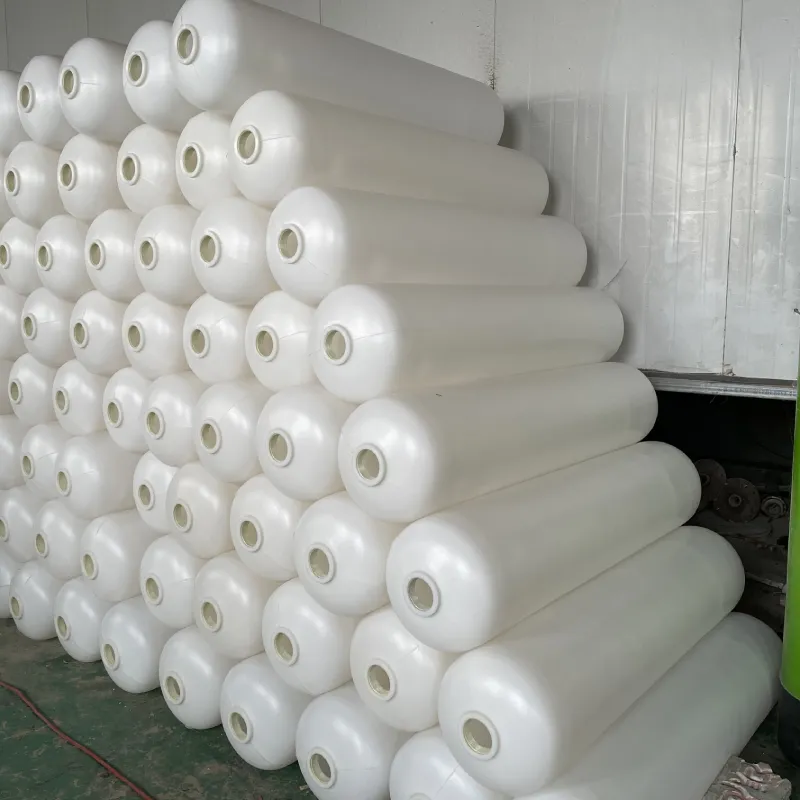loading...
- No. 9, Xingyuan South Street, Dongwaihuan Road, Zaoqiang County, Hengshui, Hebei, China
- admin@zjcomposites.com
- +86 15097380338
- Welcome to visit our website!
fiberglass treads
The Benefits of Fiberglass Treads for Safety and Durability
In today's construction and design industry, safety and durability are paramount. One essential element often overlooked is the material used for stair treads and flooring solutions. Fiberglass treads have emerged as a popular choice, offering numerous benefits that make them an ideal solution for both residential and commercial applications.
What Are Fiberglass Treads?
Fiberglass treads are made from a composite material consisting of plastic reinforced with glass fibers. This combination results in a lightweight yet incredibly strong material that can withstand the rigors of daily use. The manufacturing process involves molding the fiberglass into specific shapes and sizes, allowing for custom designs and variations that suit different environments.
Superior Safety Features
One of the most critical aspects of any flooring solution is safety. Fiberglass treads provide excellent slip resistance, making them a perfect choice for areas prone to moisture, such as outdoor stairs, swimming pool decks, and industrial facilities. The tread surfaces can be designed with textured finishes or embedded with anti-slip additives, reducing the risk of slips and falls significantly. This is particularly important in places where safety regulations are stringent, such as schools, hospitals, and commercial buildings.
In addition to slip resistance, fiberglass treads are also highly visible. Many are available in bright colors or can be outfitted with reflective strips, providing better visibility in low-light conditions. This added visibility serves as a visual cue that enhances safety, especially in high-traffic areas.
Durability and Longevity
fiberglass treads

Fiberglass treads are renowned for their strength and durability. Unlike traditional materials like wood or metal, fiberglass does not corrode, rust, or rot, which makes it an excellent choice for outdoor applications. Its resistance to harsh weather conditions means that it won't warp or degrade over time, preserving its structural integrity and aesthetic appeal. This longevity translates to lower maintenance costs and longer life cycles, making fiberglass treads a cost-effective investment.
Furthermore, fiberglass is resistant to many chemicals, making it ideal for use in industrial settings where spills and exposure to harsh substances are common. The ability to withstand such conditions without deteriorating ensures that fiberglass treads remain functional and safe even in challenging environments.
Customization Options
Another advantage of fiberglass treads is their versatility in design. They can be manufactured in a wide range of colors, textures, and sizes, allowing for customization that can complement various architectural styles. This flexibility makes it easy to incorporate fiberglass treads into both modern and traditional building designs, enhancing the overall aesthetic of a space.
Environmentally Friendly Solution
As the construction industry moves toward more sustainable practices, fiberglass treads offer an environmentally friendly option. Modern manufacturing processes can produce fiberglass with less environmental impact than traditional materials, and many fiberglass products are recyclable at the end of their life cycle. Choosing fiberglass can help architects and builders meet green building certifications and contribute to environmentally responsible construction.
Conclusion
In conclusion, fiberglass treads offer a comprehensive solution for safety, durability, and aesthetic appeal in various applications. Their slip-resistant properties, resistance to environmental factors, and customization options make them a preferred choice among builders and designers. Whether for a home, commercial building, or industrial facility, fiberglass treads provide a reliable and stylish solution that prioritizes safety without compromising on design. As the demand for innovative and sustainable materials continues to grow, fiberglass treads stand out as a smart choice for the future of flooring solutions.
-
GRP Structures: The Future of Lightweight, High-Performance EngineeringNewsJun.20,2025
-
FRP Water Tank: High-Performance Storage for Corrosive and Clean Water SystemsNewsJun.20,2025
-
FRP Square Tube: The New Industry Standard for Chemical and Structural ApplicationsNewsJun.20,2025
-
FRP Pultruded Profiles: The Ultimate Choice for Lightweight Structural StrengthNewsJun.20,2025
-
FRP Handrails: The Safer, Smarter, and Stronger Choice for Modern InfrastructureNewsJun.20,2025
-
FRP Grating: The Smart Solution for Durable, Lightweight Industrial FlooringNewsJun.20,2025
-
Why Choose a Galvanized Water Tank for Your Storage NeedsNewsMay.21,2025
